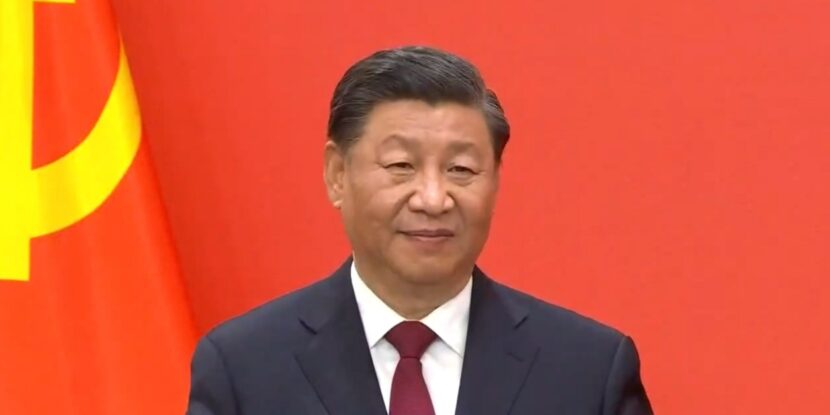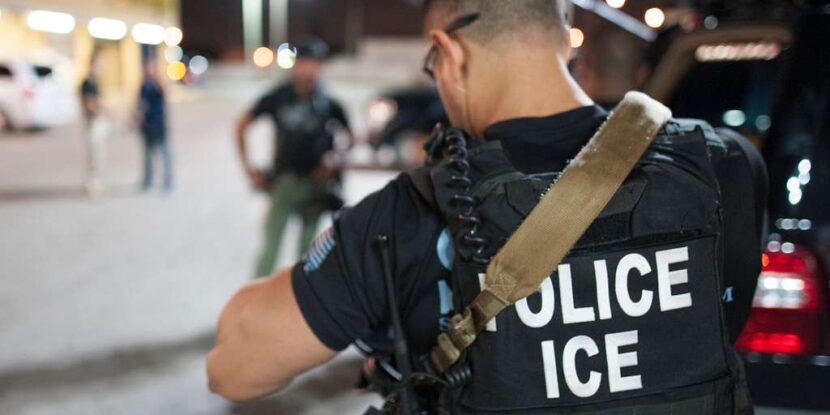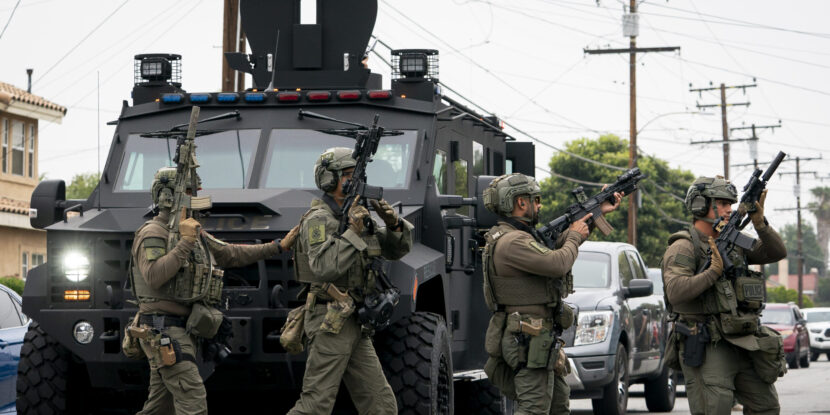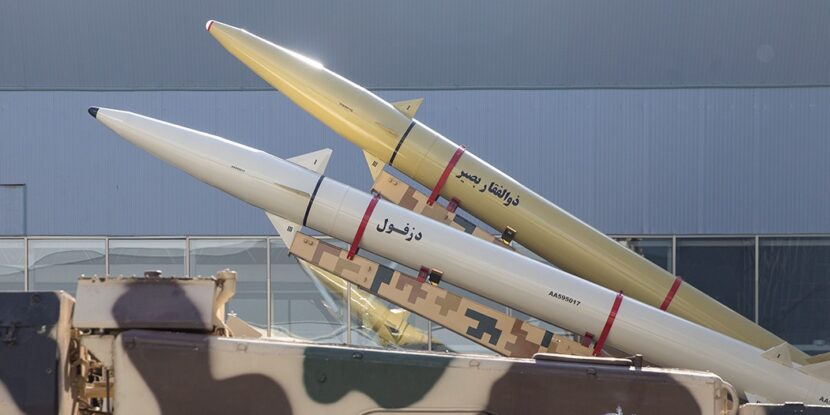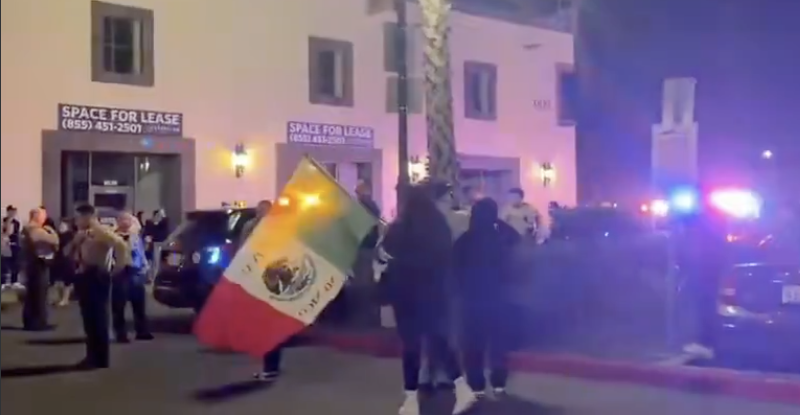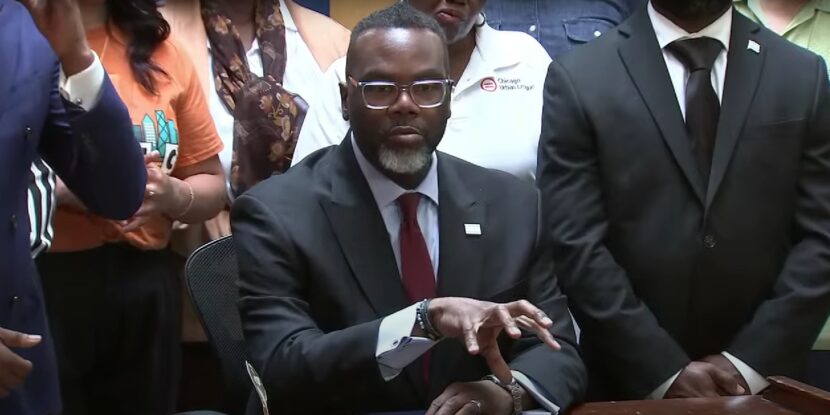China’s President Xi Jinping rang in the New Year by pledging that nothing would stop the communist state’s takeover of Taiwan. During his televised New Year’s speech, the autocratic leader of the Chinese Communist Party (CCP) defiantly declared that no other nation could prevent China from annexing the breakaway island, which has maintained its independence since 1949, without ever being controlled by the People’s Republic of China.
Meanwhile, Taiwan’s President Lai Ching-te, in his New Year’s address, underscored Taiwan’s role as a critical component of the global “defense of democracy.” Lai reiterated Taiwan’s willingness to engage in dialogue with Beijing but did not back down on strengthening Taiwanese military capabilities. According to Taiwan’s defense ministry, the new year commenced with Chinese warplanes and ships conducting a “combat patrol” around Taiwan. Such maneuvers, which involve air and maritime deployments near Taiwan, have become a frequent occurrence.
President Xi has routinely threatened Taiwan’s sovereignty to stoke national unity in mainland China. In December 2023, ahead of Taiwan’s elections, Xi stated that China would take the island “by any means.” A month later, pro-CCP candidates were soundly defeated at the polls by Tawainese leaders backing continued independence from the mainland. While the entrenchment of anti-CCP leaders has blocked any diplomatic path to reunification, it may push Xi and the CCP towards more open conflict regarding integrating Taiwan.
The National Pulse reported in March that U.S. Admiral John Aquilino, head of the Indo-Pacific Command, testified before Congress that China is increasing its nuclear and military capabilities in preparation for a potential invasion of Taiwan by 2027. Aquilino noted that China also possesses advanced modern systems, enabling it to exert significant control in the Pacific.
